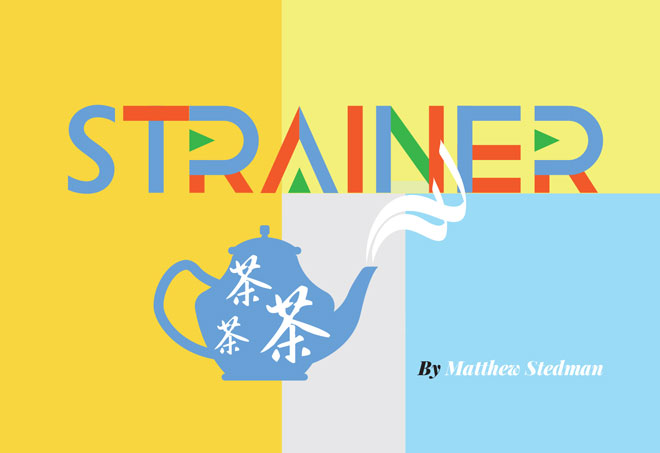In the West, specialist sellers choose to distribute themselves evenly across the city, trying to become someone’s “local”.
But, here in Asia, different sellers; direct competitors, often choose to huddle together in a street or market renowned throughout the city.
Buying tea in China, I feel like I’m the king, or at least riding the wave of a buyer’s market. I enter one of these markets, then “kick some tyres” talking to sellers, getting some idea of prices. Maybe I taste a bit, but I don’t buy; you see, I’ve promised myself not to spend any money until I’ve spoken to at least four sellers of the same variety. There are always more than four with wares of similar quality. And I always end up spending less than I first feared.
Now, maybe I feel like a king, but maybe I’m deluded here; maybe these sellers are operating a clever little cartel. What looks like a succession of rival businesses is actually an arrangement of family networks from The Hometown. And all that tyre-kicking and “research” I think I’m doing is actually handing over my data to these collective bargainers. They’ve got their “good stooge bad stooge” routine down to a tee. They’re milking me dry with their invisible hustle.
After all these years, I’m still not sure which of these pictures is true. Teeming or teaming together? I can’t work it out.
Part of me hopes it’s the second one. I prefer the canny hustle model, because it sounds (slightly) more sustainable. I desperately want these places to stay open.
Quite a lot of these sellers, I suppose, are “lifestyle businesses”. And it’s unfair this should be used as a pejorative term. They’re like the vinyl record sellers and second-hand book stores in the West. The salt of the earth. To some extent at least, passion takes priority over profit. And when I say passion, I don’t necessarily mean Strainer’s brand of nerdy tea passion; I mean passion for the sociable, tranquil life which the tea trade represents, and gives.
In theory, they can continue this lifestyle. Boom or bust, there is enough money in the industry to sustain them. But to continue this lifestyle, at some point they will need the conscious support of us customers. That doesn’t mean us treating independents as charities or buying as a duty; it just means us maintaining some critical awareness when the moment of change comes. The moment of change is the moment we are presented with the “convenience”, “safety” and “cute personality” of the disruptive behemoth that will one day arrive in tea retailing (probably online).
As well as us customers, these small sellers need to wake up, not least because that disruptive behemoth’s founder was probably one of those market babies nursed beside the kettle recently. Like health-food stores, independent sellers need to be less intimidating to non-traditional customers. They need to reward the hard-core market-goer while somehow learning to impart their knowledge to those interested but scared of getting cheated.









